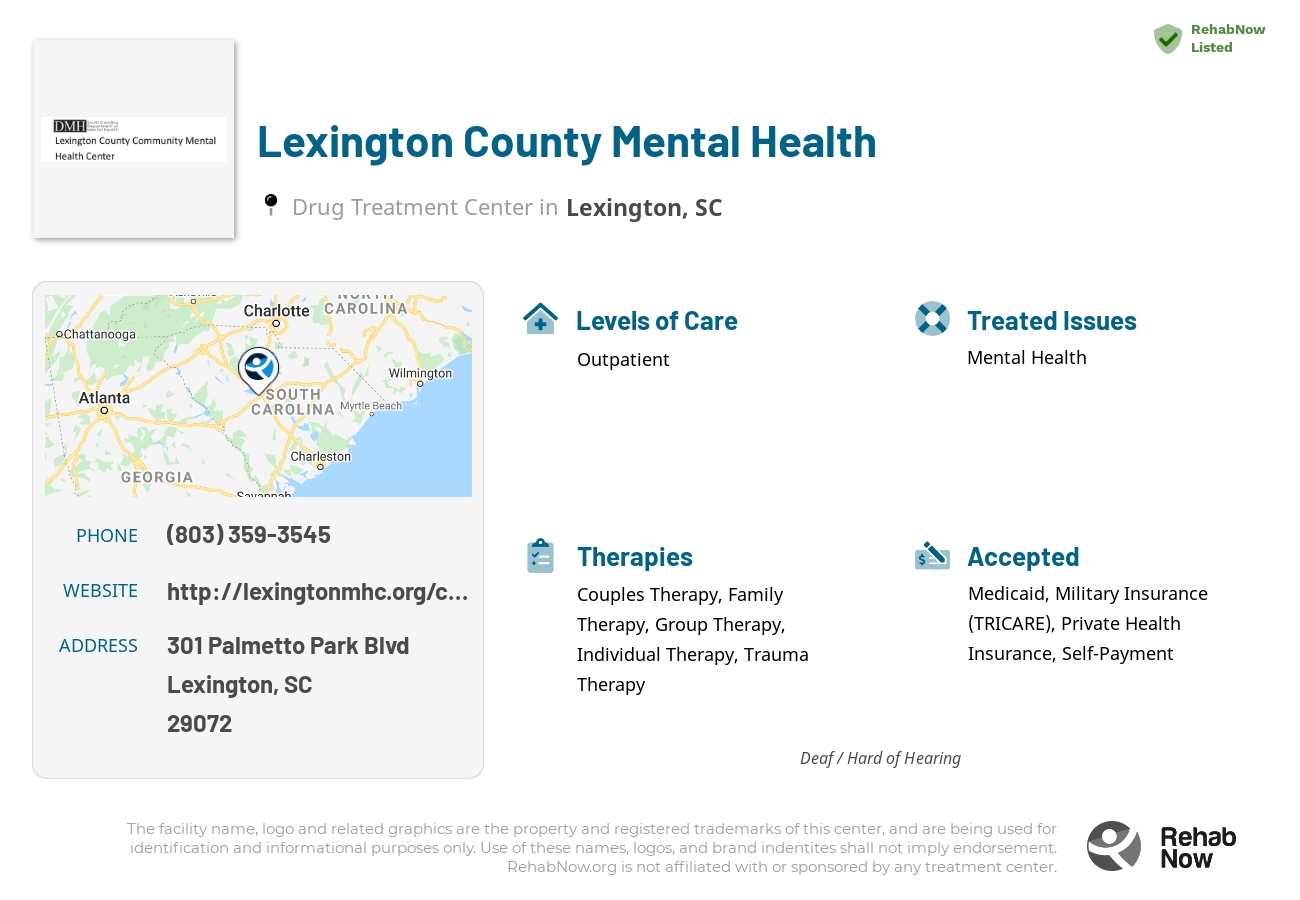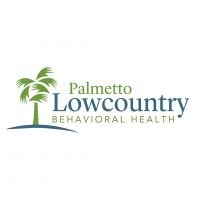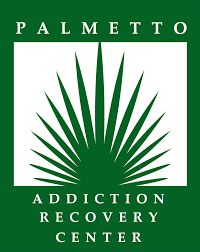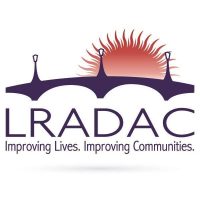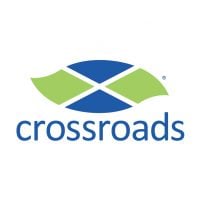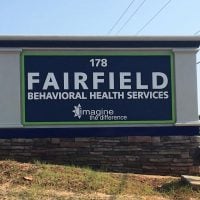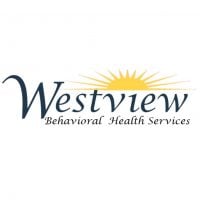Lexington County Mental Health
Drug Rehab Center in Lexington, South Carolina
Lexington County Mental Health is an addiction treatment facility located in Lexington, SC that provides a range of services to address mental health, substance abuse, alcoholism, and drug addiction, in addition to offering CARF accredited care and private health insurance coverage options.
About This South Carolina Facility
Lexington County Mental Health in Lexington, South Carolina, stands out as a public rehabilitation center focused on mental health treatment with a strong commitment to outpatient behavioral healthcare. Its mission underlines a dedicated approach to support Lexington County residents towards recovery with an emphasis on accessibility and quality of care. Unique in its approach, the center combines specialized services in mental health and addiction recovery, providing a necessary bridge for individuals seeking a comprehensive treatment plan.
Accredited by CARF and licensed by the state, Lexington County Mental Health upholds high standards in treatment quality and effectiveness. With a focus on outpatient and aftercare support levels of care, the center is designed for individuals looking to balance treatment with daily life, ensuring a continuous support system for sustained recovery.
- Accredited by CARF and State-Licensed: Assurance of high-quality care and adherence to best practices in mental health and substance abuse treatment.
- Outpatient and Aftercare Support Available: Flexible treatment options cater to individuals’ schedules, allowing them to integrate recovery effectively into their daily lives.
- Holistic Approach to Treatment: Focus on addressing both psychological and physical aspects of addiction, ensuring a comprehensive recovery process.
Lexington County Mental Health addresses a variety of issues, including substance abuse, alcoholism, drug addiction, and mental health challenges, through a blend of outpatient programs and evidence-based therapies. The center's treatments are tailored to meet individual needs, providing a pathway to recovery that respects the complexity of each person's journey.
Genders
Ages
Modality
Additional
Accreditations
State License

CARF
The Commission on Accreditation of Rehabilitation Facilities (CARF) is a non-profit organization that specifically accredits rehab organizations. Founded in 1966, CARF's, mission is to help service providers like rehab facilities maintain high standards of care.
Conditions and Issues Treated
Substance Abuse Treatment is important when getting sober, as it helps addicts learn the skills they need to live a clean life. There are many different kinds of recovery treatment, including medication-assisted therapy, behavioral therapeutic approaches and self-help groups, as well as counseling.
Levels of Care Offered at Lexington County Mental Health
This center offers a variety of custom treatment tailored to individual recovery. Currently available are Aftercare Support, Outpatient, with additional therapies available as listed below.
An outpatient treatment program is set up to help with alcohol or drug addiction or a co-occurring disorder. The patient must attend the facility for their therapy and other programs but can return home each night.
The frequency of mandatory attendance decreases after much of Lexington County Mental Health‘s program is complete.
Outpatient treatment is a recovery approach that allows recovering addicts to live at home while getting rehab for addiction
An outpatient can include day treatments which include attending group sessions one hour per week. A person living in an outpatient environment may be allowed the opportunity to work full time if they choose to and continue studies without interruption from drugs/alcohol.
Outpatient treatment is an option for people who want to maintain their careers and families. Outpatients live at home but attend treatment such as individual counseling, group counseling, or twelve-step meetings during the day.
Aftercare support is vital to the success of someone in drug or alcohol treatment. It involves assisting with entering a sober living home, getting career counseling or educational assistance and even getting the individual lined up with programs like AA and NA. This support helps recovering addicts readjust to normal day-to-day activities and maintain sobriety.
When a person is in drug or alcohol treatment, they have to increase their focus on themselves. They need to learn how to recognize the triggers that cause them to relapse and learn the habits that would benefit them if they were to be sober. This is all part of the growth in recovery, and aftercare is essential to that process.
Therapies & Programs
At Lexington County Mental Health , to learn from past mistakes and improve one’s situation, the recovering person meets individually with a therapist. The counselor or therapist will address addiction causes, triggers, mental issues, dual diagnosis, and aftercare plans during this time. This is a very intense and challenging process. Some clients find it easier to open up to someone other than family or friends who understand their struggles with addiction.
Couples therapy sessions are typically used to help couples in recovery from drug addiction work through their issues. These types of sessions can be beneficial for many reasons, including the fact that they add a layer of accountability when both partners in a couple are recovering from addiction.
Therapy can also provide addicts with another effective way to cope with stress and avoid relapse during difficult situations. This type of therapy can help improve communication with their partners, which can strengthen the relationship and prevent future problems that might lead to relapse.
Family therapy is a crucial part of drug treatment and getting sober. It is one of the most effective ways to help addicts stay on the path to long-term sobriety. An addict’s family can play a vital part in helping them to avoid relapse. They can spot the warning signs and help them get back on track.
In group therapy, recovering addicts meet with a therapist and other people in recovery. Some groups are closed, meaning only people who share the same addiction or problem can attend. Others are open to anyone who wants to stop using drugs or drinking alcohol. Group therapy sessions typically focus on one topic each week or month so that recovering addicts can discuss issues they face daily.
Trauma therapy allows people to face and learn from past traumas.
Many people suffer childhood traumas that lead to adult addiction. During treatment at Lexington County Mental Health [/type], you can move forward in your recovery and reclaim your sober future! Trauma is a common cause of psychological disorders like Addiction Disorder. It’s common in Addictive Disorders patients because traumatized people have strong emotions or thoughts that lead to addictive behaviors.
Cognitive Behavioral Therapy (CBT) is based on the idea that how we feel, think and act all interact together. It helps people explore their thoughts for problems (or false beliefs) that influence their mood and actions. CBT is very goal-oriented, which means that the therapist and patient work together on a specific problem. In addition to helping a client focus on thoughts that can be changed, CBT also allows them to take an active role in their treatment. Our thoughts determine our feelings and behaviors; our feelings affect our thoughts, and our behaviors change our thoughts and feelings.
Payment Options Accepted
For specific insurance or payment methods please contact us.
Is your insurance accepted?
Ask an expert, call (888) 674-0062
Lexington County Community Mental Health Center Associated Centers
Discover treatment facilities under the same provider.
- Lexington County Mental Health - Adolescent and Family Services in Lexington, SC
- Lexington County Mental Health - Gaston in Gaston, SC
- Lexington County Mental Health - Emergency Services in Lexington, SC
Learn More About Lexington County Community Mental Health Center Centers
Additional Details
Specifics, location, and helpful extra information.
Lexington, South Carolina 29072 Phone Number(803) 359-3545 Meta DetailsUpdated April 15, 2024
Staff Verified
Patient Reviews
There are no reviews yet. Be the first one to write one.
Lexington, South Carolina Addiction Information
More than 610,000 of South Carolina residents, or a staggering 11.9% of the state population, uses illicit drugs and another 230,000 residents abuse alcohol every year. A majority of the illegal drugs used and abused are opioids. Marijuana use and underage drinking occur amongst the young residents of this state–though at a lower rate compared to the national average.
The drug addiction problem in Lexington, South Carolina, is pretty bad. Around 9,000 people in Lexington struggle with drug addiction. This accounts for around 7% of the population. Over 1,600 drug-related arrests in Lexington in 2016. This number reflects a significant increase from the previous year. Lexington's most commonly abused drugs are cocaine, heroin, and methamphetamine. There are support groups available to help recovering addicts stay sober.
Treatment in Nearby Cities
- Ridgeland, SC (106.0 mi.)
- Manning, SC (60.9 mi.)
- Ridge Spring, SC (28.3 mi.)
- Florence, SC (83.7 mi.)
- Newberry, SC (30.3 mi.)
Centers near Lexington County Mental Health
The facility name, logo and brand are the property and registered trademarks of Lexington County Mental Health, and are being used for identification and informational purposes only. Use of these names, logos and brands shall not imply endorsement. RehabNow.org is not affiliated with or sponsored by Lexington County Mental Health.




